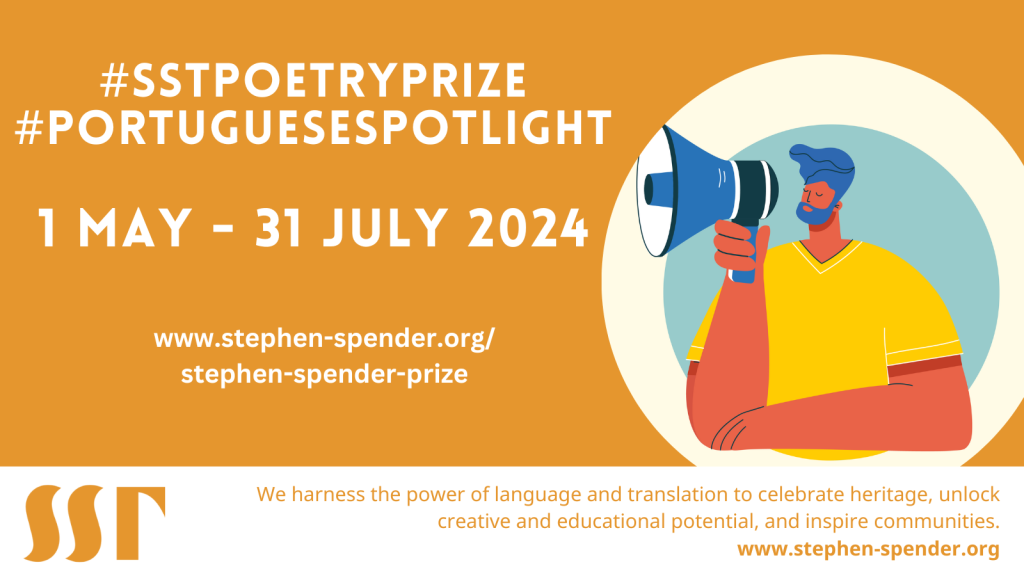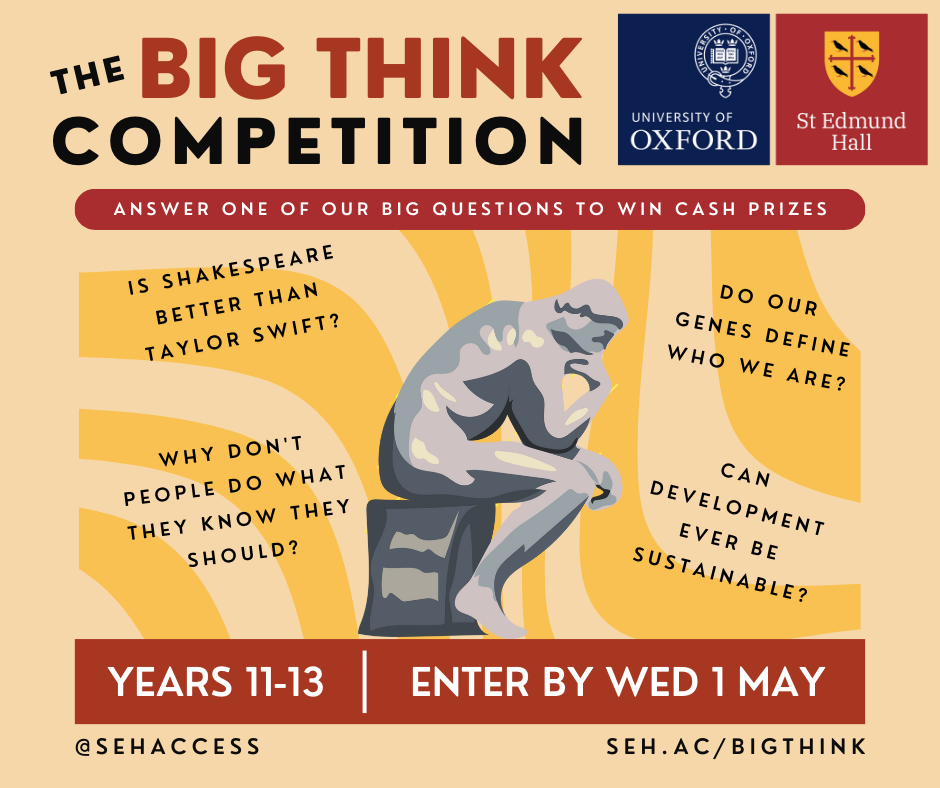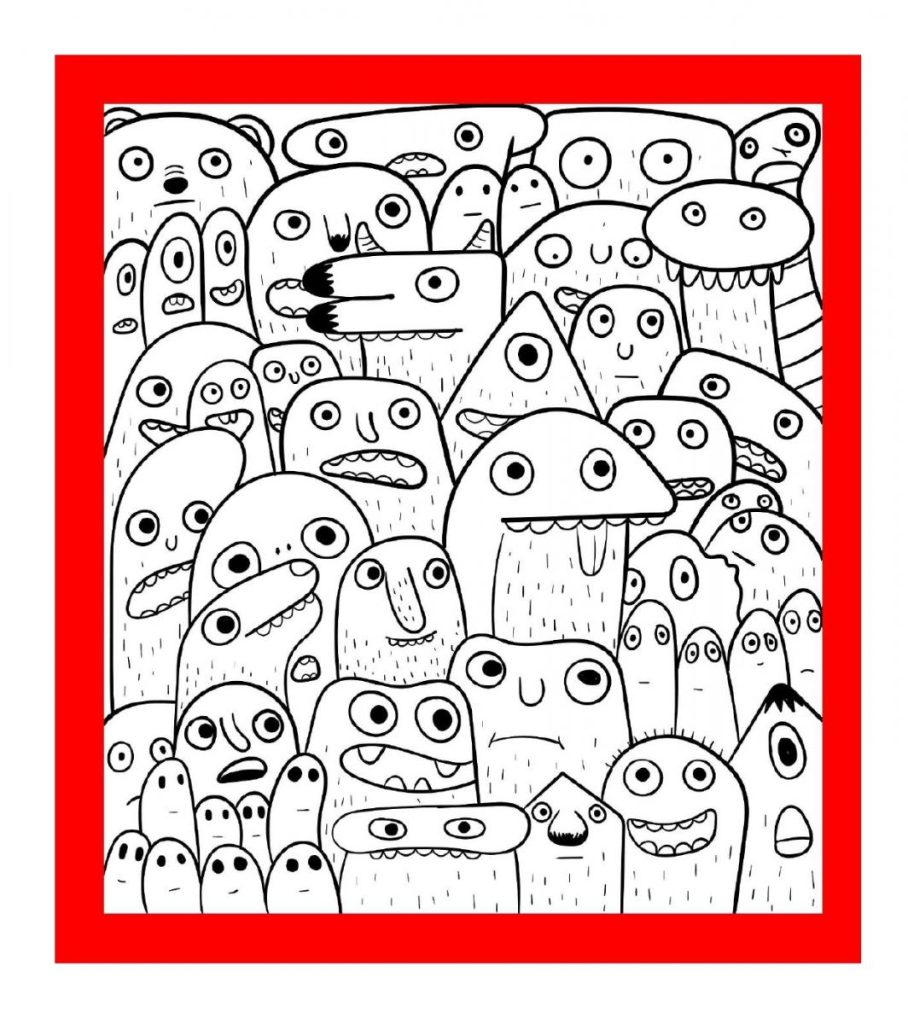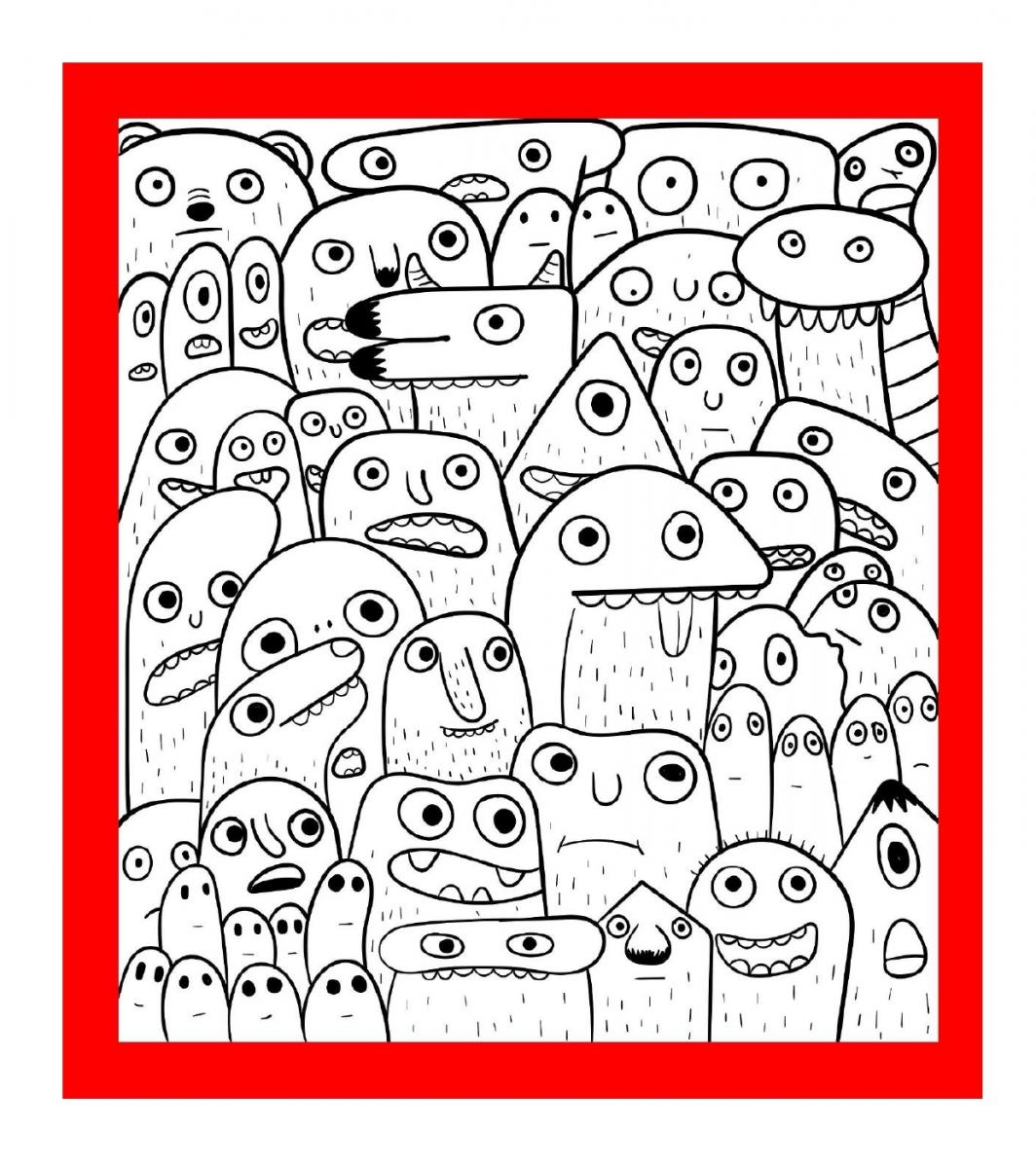We’re delighted to publish the winning entries for this year’s Spanish Flash Fiction competition. We’ll be publishing the runner up and highly commended entries for both languages in each age category over the coming weeks.
Thank you and huge congratulations to everyone who entered. The Spanish judging panel were extremely impressed with all the entries we received this year (over 640 of them!), and commented the following about the competition:
As always, we were captivated by the creativity of the many entries and thrilled to see a lot of very promising stories. It was a hard job choosing from so many markedly different pieces, some of which were humorous or haunting, serious or silly, but all entertaining. This year, there were quite a few that engaged intertextually with other works in English and Spanish literature as well as classical literature and myth and it was particularly good to see how your wider reading has been channelled into your own imaginative responses to the sources.
Without further ado, here are the stories! We hope you enjoy reading them as much as the judges did.
YEARS 7-9 WINNER

Esperando en un estante
Soy más que páginas y tinta; soy un recipiente de posibilidades infinitas. Una vez abierto, llevo a los lectores en viajes más allá de sus sueños más salvajes. Cada palabra es una pincelada, pintando mundos vibrantes y personajes intrincados. A veces siento lágrimas manchando mis páginas y risas resonando a través de mi columna. Soy apreciado y amado por muchos, y aunque mi columna se ha doblado muchas veces, me mantengo en tacto. A medida que el sol se pone, espero pacientemente en el estante, esperando a que los dedos curiosos lleguen una vez más.
– Sayuri Bansal, Year 8
YEARS 10-11 WINNER

+4.25. Mi receta. No es terrible. No es buena. Podría ser peor. Moderada – me dicen. Me ofrecen gafas grandes y potentes. Pero ¿qué pasa si no quiero ver con claridad? Retrocediendo a la seguridad de mi humor vítreo, protegido por los guardias de mi esclerótica que agarran sus lanzas de músculos ciliares, prefiero imaginar un mundo 4.25 millones de veces mejor que aquel en el que vivo: donde la bondad no es borrosa por la avaricia, donde las visiones del futuro son alegres, donde mi sueño de armonía mundial no es tan hipermétrope como mi vista.
– Charlotte Jory, Year 11
YEARS 12-13 WINNER
Somos arqueólogos

Es cierto que somos arqueólogos. Nos enterramos bajo la superficie como si estuviéramos esperando a ver quién levantará las rocas para encontrarnos. Somos rompecabezas para que la persona adecuada nos resuelva. Un acertijo o quizás una ciudad perdida a alguna parte del océano hermoso. Los escritores alimentan a sus lectores con metáforas y convierten palabras en cajas relucientes. Una urraca creería que son perfectas para su colección, pero el verdadero regalo está dentro. Sólo para aquellos que cavan. Incluso si solo estás de pie bajo la lluvia, delante de ella, buscando las palabras correctas para decir. Estás buscando. Siempre buscando.
– Isobel Gurnett, Year 12
¡Felicidades a todos los ganadores!












